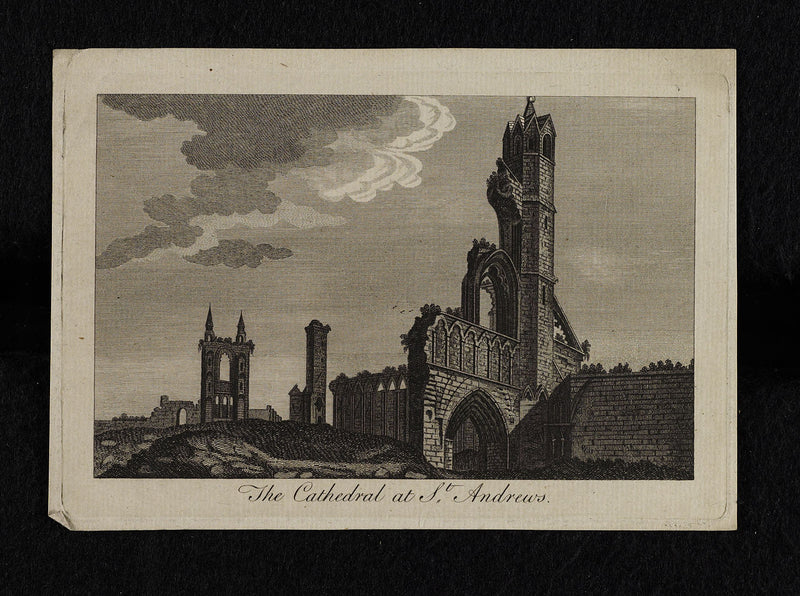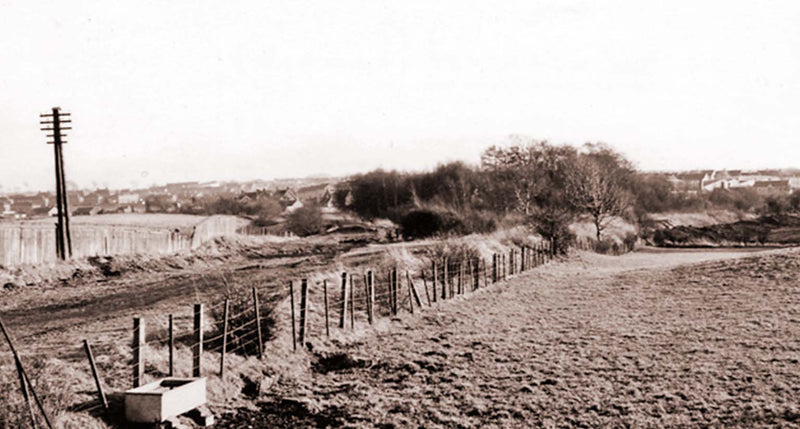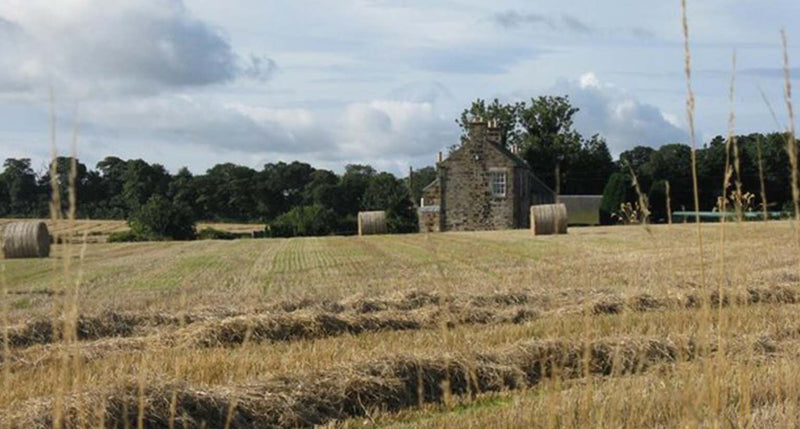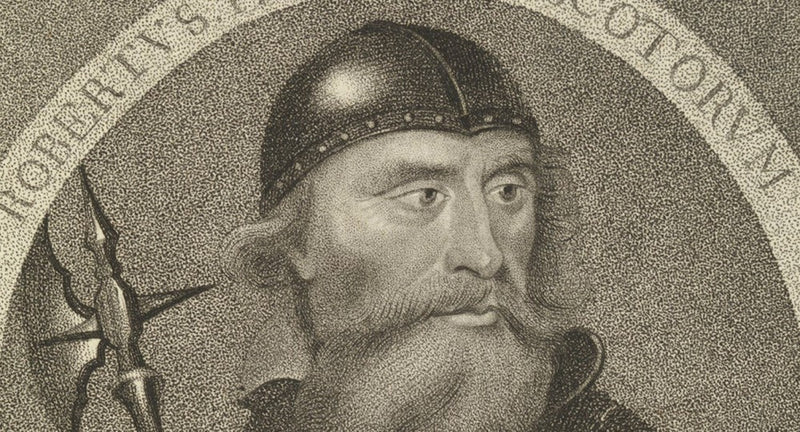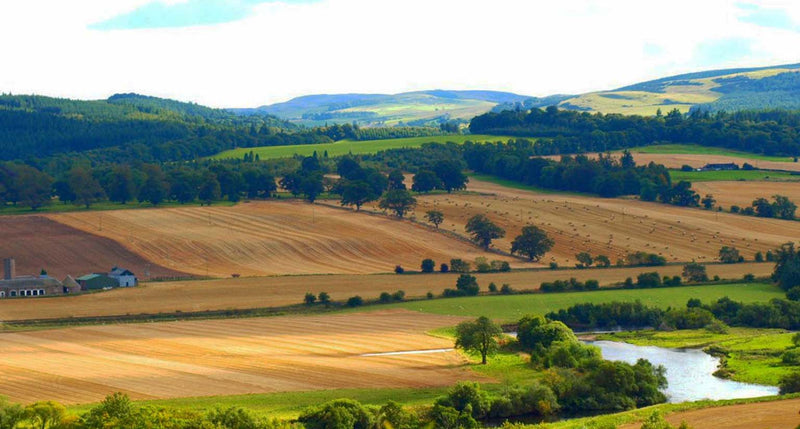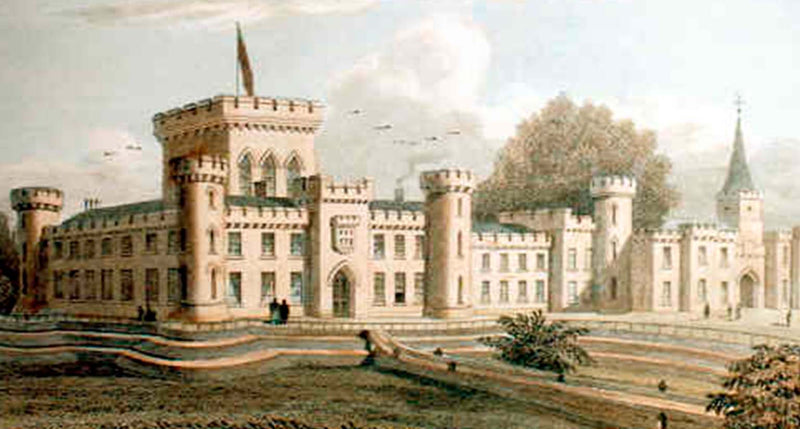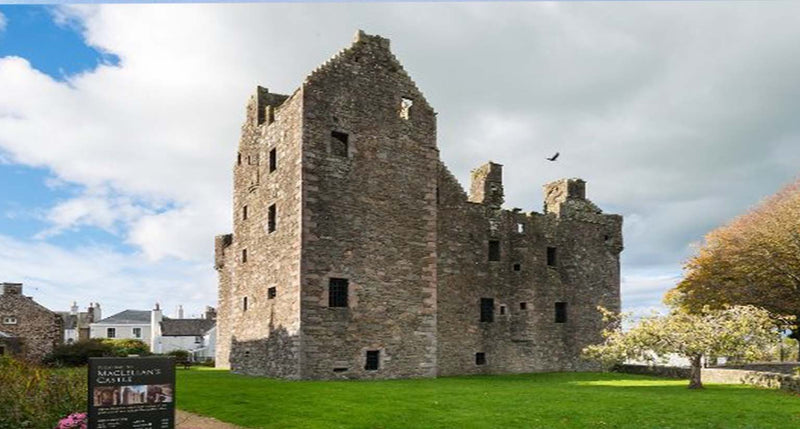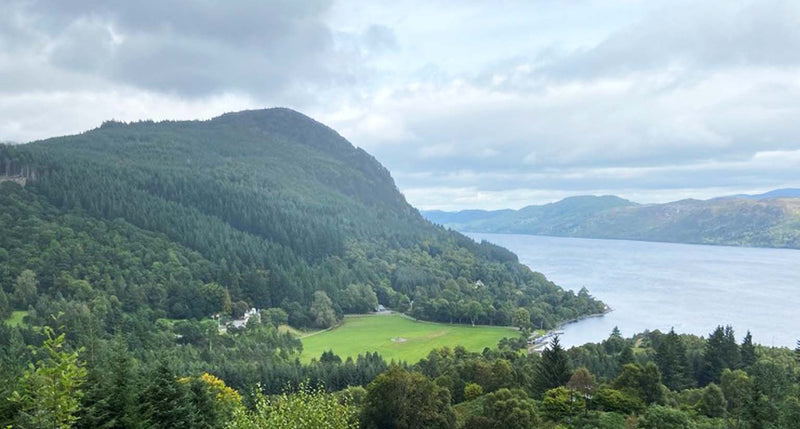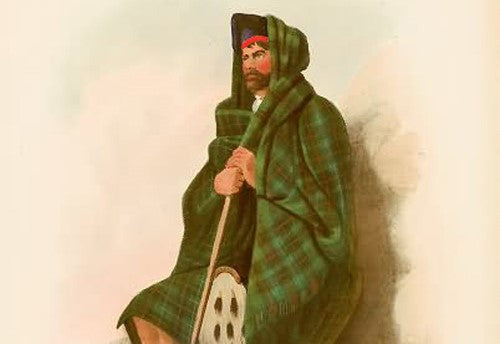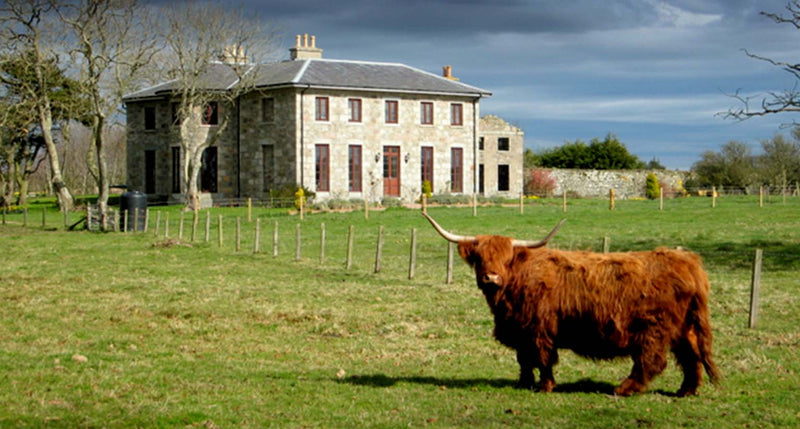The name is said to originate from the island of Beverege in the Severn, referred to by Florence of Worcester as a retreat of the Danes during a revolt of the English. The name is first recorded in Scotland when Walter Beverage is named as juror on an inquest at St. Andrews in 1302. Henry […]
Category Archives: Clan History
The name Weir derives from the Norman ‘Vere’ and the name is now commonly found in Lanarkshire and other parts of Scotland. The first person of this name mentioned in Scottish history is a Radulphus de Vere in the 12th century. He was a son of Aubrey, 1st Earl of Oxford who joined the Flemish […]
The name Melville originates from Normandy, where Guillaume de Maleville was a companion of William, Duke of Normandy. Guillaume fought at the Battle of Hastings in 1066. The family settled in Scotland during the reign of David I, where they were granted lands in Midlothian. During the 12th century, under the reign of Malcolm IV, […]
‘Dun deas’ in Gaelic means ‘south fort’. The Dundas family occupied lands on the southern shores of the Firth of Forth near Edinburgh. The family is thought to have descended from Helias, son of Hutred, a younger son of Gospatrick, Prince of Northumberland. The families of Dunbar and Moncreiff also descend from this stock. Records […]
The name Mercer comes from the French word mercier. It is a name of occupational origin, referring to someone who is a merchant in textiles or cloth. Two charters were witnessed by William Mercer or le Mercer for the Abbey of Kelso, in or around 1200. In 1244, Aleumnus Mercer, along with twenty-three others, was […]
The Clan Lockhart arrived in Scotland among the waves of Normans who arrived after the Norman invasion of England in 1066. The Lockharts settled in Lanark and Ayrshire where the towns of Symington and Stevenson remain to mark the past influence of Simon and Steven Locard. The exact date when the lands of Lee came […]
The name originates from the Gaelic ‘MacGillie Ffaolain’ or ‘son of the servant of St Filan’. The name Filan actually derives from the celtic ‘faelchu’ which means ‘wolf’. St Filan lived around c.700, travelling widely around Scotland and built a church at Strathfillan. The clan has a very long history, being mentioned in a charter […]
After the Normans had established themselves in England, the name Grant became widespread, appearing in many documents from various areas, which are with us today. In the French and Gaelic languages, the word has the similar meanings of big and more. The earliest recordings of Grants in Scotland, however, are from the mid-thirteenth century, and […]
Before the 1300s the most powerful family Scotland had ever known were the Comyns, dominating the Grampians, Buchan and Moray. It was prudent for many families to associate themselves with the Comyns for protection and prosperity. With their policies of pure self-interest they were the enemy of Robert the Bruce and in 1306 John, the […]
There a couple of theories as to the origin of this name; one is from the Anglo-Saxon ‘lisse’ which means ‘happy’, another is that it comes from the Norse for ‘stirring fellow’, and yet another recent suggestion has been that it comes from Liscus, chief of the Haedui, a tribe of Gauls described by Julius […]

